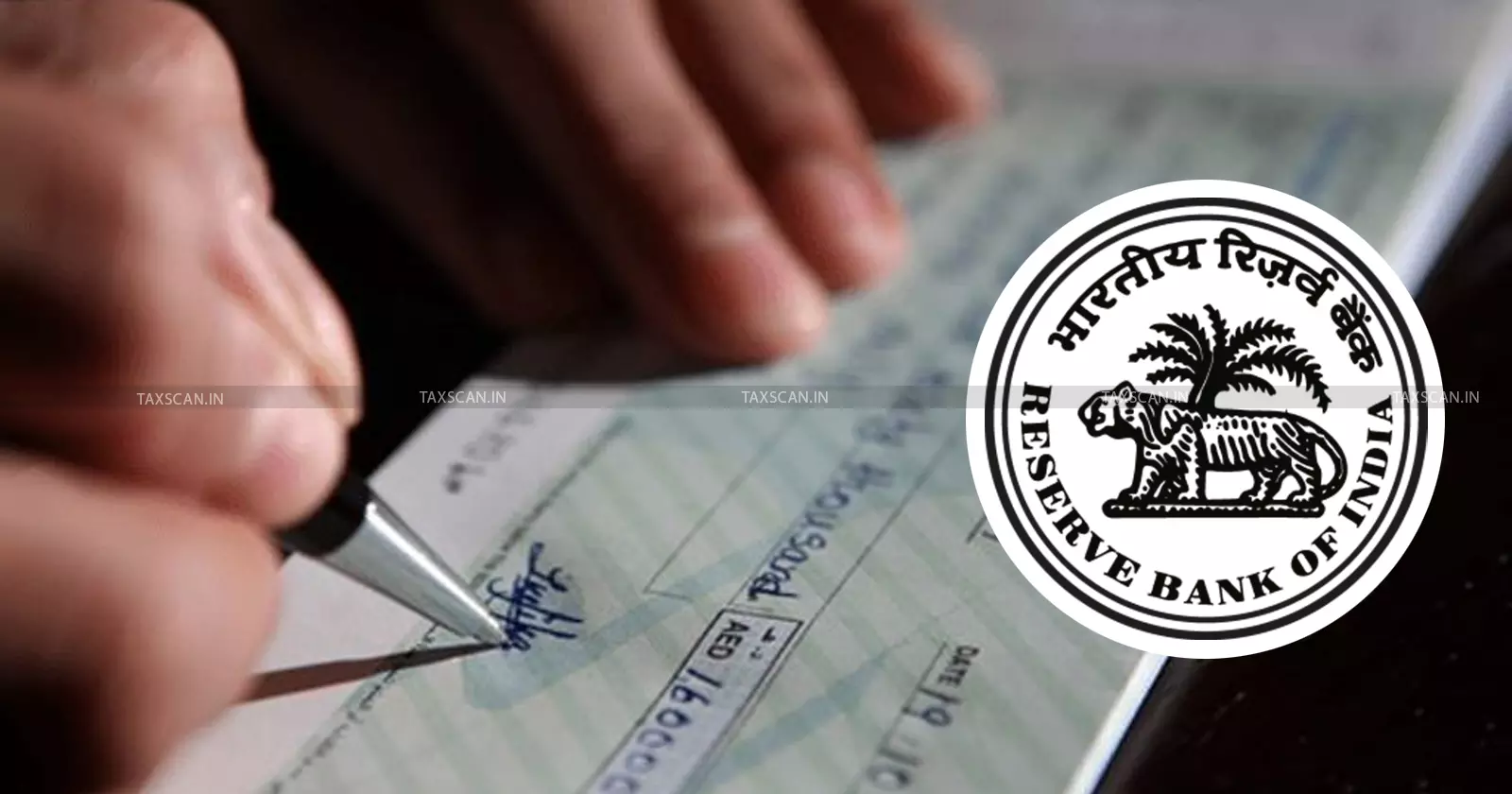New Real-Time Cheque Clearing System introduced by RBI gets Frowned Over by Customers due to Delays
In theory, the upgraded system should enable funds to reach beneficiaries within hours. But in practice, the transition has been anything but smooth.

India’s newly launched real-time cheque clearance system, rolled out by the Reserve Bank of India (RBI) to accelerate payment processing, has stumbled in its initial days. Several banks are grappling with operational hiccups, technical glitches, and untrained staff, leading to unexpected delays in cheque settlements, according to a report by The Economic Times.
The first phase of this new continuous clearing and settlement mechanism under the Cheque Truncation System (CTS) began on October 4. Under the new structure, cheques deposited between 10 a.m. and 4 p.m. are now scanned immediately and sent for real-time clearance. Starting from 11 a.m., settlements are processed hourly, and the paying bank must confirm by 7 p.m. If no response is received by then, the cheque is automatically cleared.
This marks a major shift from the earlier end-of-day batch clearance model, which typically took one to two business days. In theory, the upgraded system should enable funds to reach beneficiaries within hours. But in practice, the transition has been anything but smooth.
Banks are reporting problems such as low-quality cheque image scans, inconsistent data capture, and inadequate staff training. “Since the system is new, some teething problems are expected, but they will be resolved soon,” a public sector bank official said.
Technical integration issues have also been a major hurdle. “Sometimes, figures or account numbers don’t scan properly or fail to register in the system. When that happens, someone has to manually verify and reprocess the cheque,” the official explained, noting that this has slowed down clearances.
The disruption is also affecting non-banking financial companies (NBFCs) that rely heavily on cheque payments. To ease the transition, the RBI temporarily extended the clearing window to 11 p.m. on Wednesday, beyond the usual 7 p.m. deadline.
Still, the broader economic impact has been limited, as digital payment methods dominate. With corporates relying on NEFT and RTGS and most retail users preferring UPI, cheque volumes have already dropped, from around 450 million per month before the pandemic to 200-300 million now, according to RBI data.
Bankers maintain that these setbacks are routine for new systems and expect the real-time clearance process to stabilize within the next couple of weeks.
The episode underscores a familiar truth of financial technology: speed comes with complexity, and even the smoothest systems can stumble before they sprint.
Support our journalism by subscribing to Taxscan premium. Follow us on Telegram for quick updates


